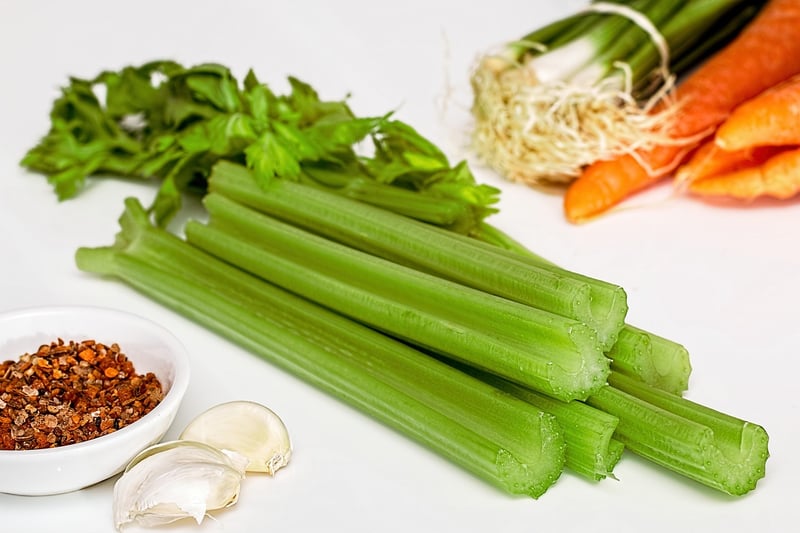Food Deconstruction
Innovative Cooking Methods and Food Deconstruction
In the world of culinary arts, innovation knows no bounds. Chefs and food enthusiasts are constantly pushing the boundaries of traditional cooking methods and presentation styles to create unique and memorable dining experiences. Two key trends that have been gaining popularity in recent years are innovative cooking methods and food deconstruction.
Innovative Cooking Methods
Traditional cooking methods like grilling, baking, and sautéing are timeless techniques that produce delicious meals. However, with advancements in technology and a growing interest in sustainability, chefs are exploring new ways to cook food that not only enhance flavor but also reduce waste and energy consumption.
One innovative cooking method that has been making waves is sous vide, a technique that involves cooking vacuum-sealed food in a water bath at a precise temperature. This method allows for precise control over the cooking process, resulting in perfectly cooked dishes every time.
Another popular technique is molecular gastronomy, which combines science and food to create visually stunning and flavorful dishes. From foams and gels to spherification and emulsification, molecular gastronomy offers endless possibilities for culinary creativity.
Food Deconstruction
Food deconstruction is a trend that involves breaking down traditional dishes into their individual components and presenting them in a new and creative way. By deconstructing a dish, chefs can play with textures, flavors, and presentation to offer diners a unique dining experience.
For example, a deconstructed burger might feature a patty served separately from the bun, with condiments presented in unexpected forms like powders or gels. This approach allows diners to appreciate each element of the dish independently while still enjoying the familiar flavors of a classic burger.
Food deconstruction not only challenges traditional notions of food presentation but also encourages diners to engage with their meals in a more interactive and thoughtful way.
Conclusion
As the culinary world continues to evolve, innovative cooking methods and food deconstruction are shaping the way we experience food. Whether you're a professional chef looking to push the boundaries of traditional cooking or a food enthusiast eager to try new dining experiences, exploring these trends can open up a world of creative possibilities in the kitchen.


